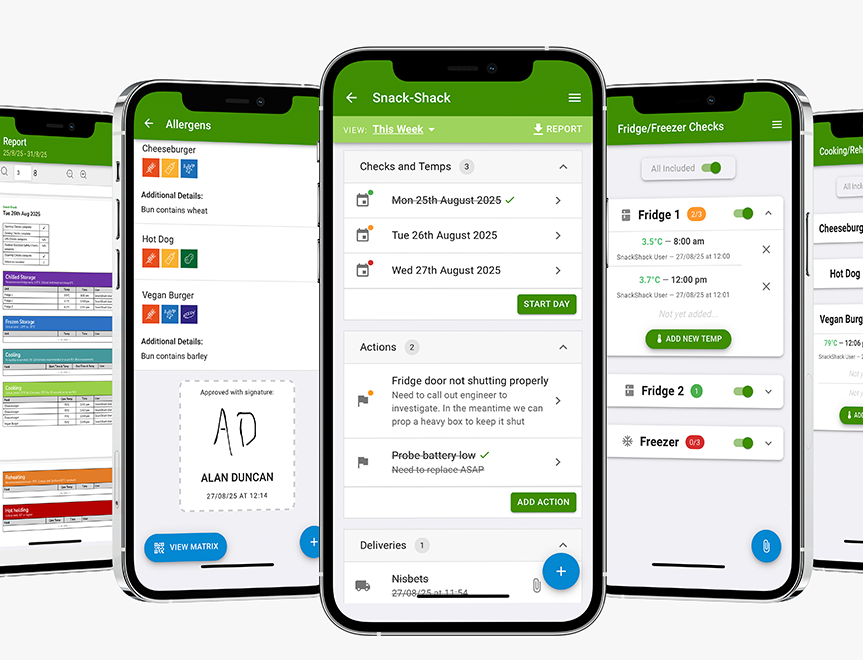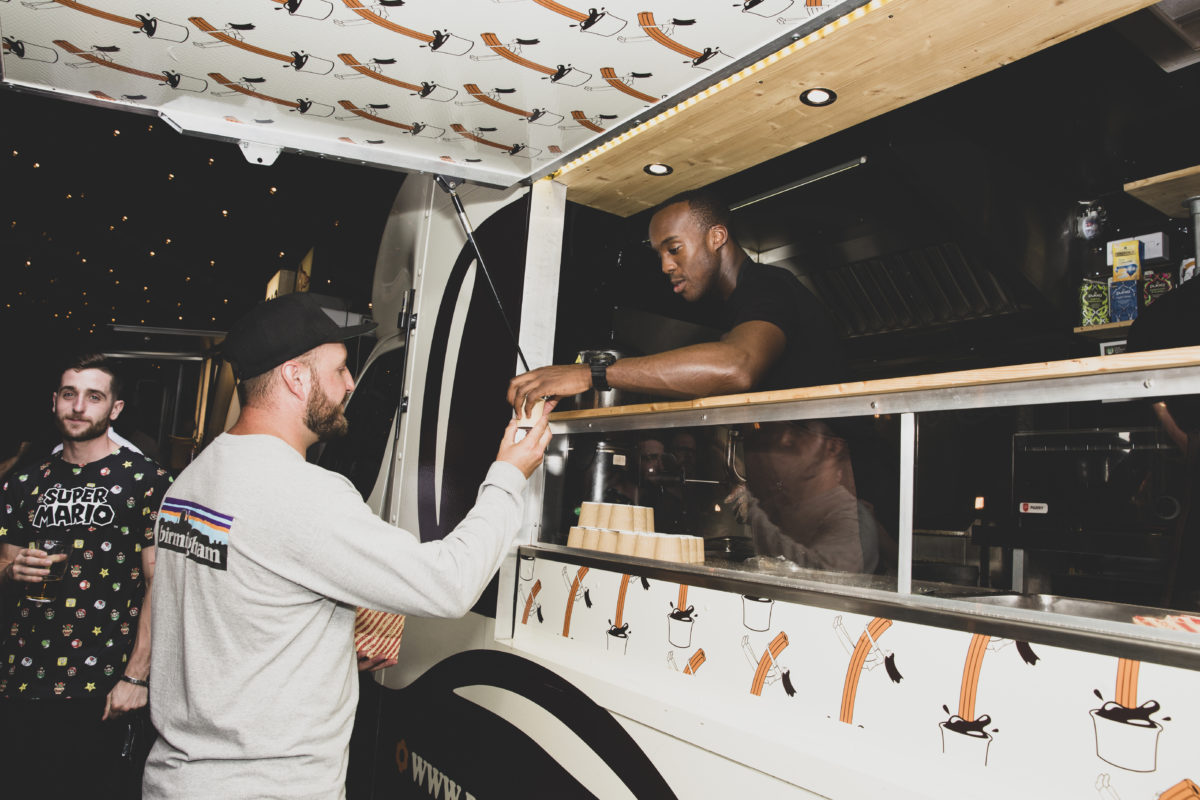by Mark Laurie
It is hard to imagine living through an historic global shift, but we almost certainly are. The world seemed so certain six months ago, nothing seems certain now. The ancient Greeks identified that change is the only constant in life, but things have never changed so fast and dramatically in my 20 years of working.
2020 has been a rollercoaster for all in hospitality, but with great change comes great opportunity. Those that adapt successfully to the new reality fastest – are likely to define the future of the sector.
The unity, the sense of purpose, the politeness and consideration that existed through lockdown was incredible. The nation came together to protect our national health service and we were better for it. But this unity always masked the very different experiences being lived around the country; where your job, ethnicity, wealth and even weight might have determined very different experiences for you.
My close family and friends have not been directly impacted by the virus, yet one of our customers has lost seven family members to the disease. A footballer held the government to account to provide food over the summer for the nations least well off and most at risk children, whole sectors of the economy have crumbled, propped up by soon to end government support while others have exchanged travel for teams chats and make shift offices at the dining room table.
Access to food dried up, leading to meltdowns in supermarkets and the awful reality of hunger for many who couldn’t get to shops or afford food – homeless shelters have even reported an influx of hospitality staff sleeping in doorways and queuing for food parcels.
The government has had to deal with an unprecedented event and an unprecedented fall out. They have set aside or spent billions propping up employers with furlough, grants and loans. Quickfire solutions were the only option and many bold decisions were made by the Chancellor and Government to protect the economy and jobs. Acts of Parliament that would usually take years of rigorous planning and debate, were being pushed through on the fly, as they had to be. But the consequences seemed to be that those too difficult to classify, to fit into the right box, missed out.
Whole sectors have essentially collapsed, including events, hospitality, tourism and culture. The mobile and indie sector has arguably been in one of the boats that did not get thrown a lifeline, in fact the helplines thrown at hospitality missed around 90% of mobile businesses and many small restaurants and bars.
Almost the entire mobile catering industry was forced to close when events and then markets were closed, do not pay business rates, or if they do, it’s for their prep kitchen or lock up. This meant that they were not considered eligible for hospitality grants. This was particularly difficult as these businesses are largely seasonal, and lock-down started during the first week of the season. The money earned the previous summer had been spent getting through the winter or investing in pitch fees and new equipment. Many Street Food traders missed out on the support for market traders as they were not based in a market, instead travelling to different events.
This small but growing sector also had thousands of part time businesses or those that had recently gone full time, leaving them out of the scope of support. It is an industry of micro businesses that are classed as self-employed or owner operated by directors which meant that the only option for many was to close their businesses and sign on to universal credit.
Their lack of a shopfront was compounded when planning regulations were relaxed to allow restaurants to become takeaways or more recently apply for pavement licences, yet with nowhere to trade mobiles could not pivot to takeaway or apply for a place on a high street.
In the growing food hall sector and for many small restaurants, their business rates were included in their rent and therefore they did not qualify – others missed out because their rateable value was too high, especially in London or was so low, the payment they got offered little support.
The independents on the high street have been affected by footfall and the requirement for distancing, rent deadlines loom and they do not have the clout to insist on lower rents as the bigger groups are understandably doing, they don’t have the option to close a site if the landlord won’t budge or if footfall has dried up.
Upwards of 5,000 outdoor event and festival caterers have little prospect of earning before Spring 2021, in what is likely to be a diminished and very different festival market. The events sector is an ecosystem of self-employed specialists, consultants, and small agile businesses. It is largely paid for by loans on ticket sales, pitch fees and sponsorship. Deposits and expenses to get the industry to the starting line have now been spent while the industry holds its breathe in desperate need of government support.
Many businesses have pivoted to a range of different practices. Operating click and collect or delivery services, cook or reheat from home deliveries, supporting resilience teams and the NHS where possible and getting out and trading on the streets, we have worked with thousands of business including Digbeth Dining Club where we advised on the safe delivery a ‘Covid-19 safe’ click and collect drive through which supported 5-10 businesses per week during lockdown. The Street Food markets and market hall sector is now beginning to re-open in England after many months which is offering hope and we must support this.
NCASS have been lobbying on behalf of indie and mobile businesses since the beginning of the crisis, however, opportunities to throw lifelines to the sector have been missed by Government and the only way to survive will be to work and to adapt. To do that we will need the support and most importantly flexibility of Local Authority teams. The sands have and are shifting, the UK’s independent caterers are some of the most innovative, exciting and hardworking people in hospitality, in order to adapt to this new reality they will need Local Authorities to adapt their approach to one that reflects current needs and solutions not pre-Covid solutions.
Covid-19 has been devastating for many businesses and many more great companies could find themselves under threat, but now is the time to be bold and respond to changing demands, not to wait for the good times to return, there will be good times, but they will look very different. You can rest safe in the knowledge that whatever the future holds, NCASS is always here to support its members and develop opportunities for independent food & drink businesses across the UK.






 Featured Training
Featured Training
OUR MEMBERSHIP
We're here to help make your catering business a success. Whether that be starting up or getting on top of your compliance and marketing. We're here to help you succeed.
Want our latest content?
Subscribe to our mailing list and get weekly insights, resources and articles for free
Get the emails